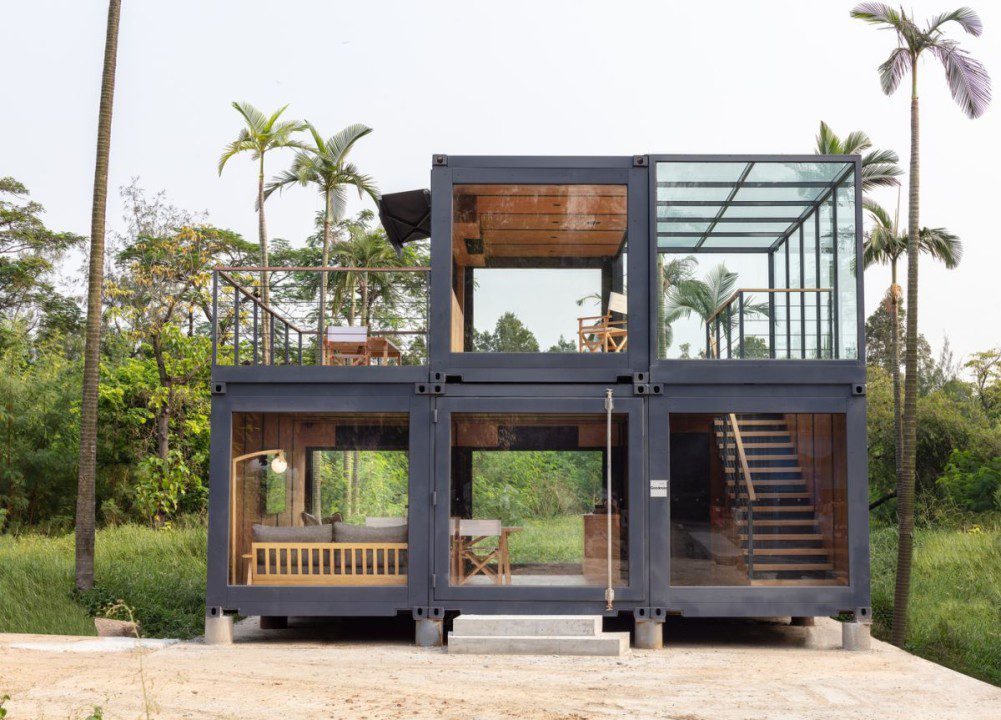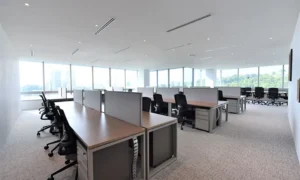In recent years, Modular Building Solutions have emerged as a game-changing innovation in the construction industry, offering efficiency, sustainability, and affordability that traditional building methods struggle to match. By constructing sections—or modules—off-site and then assembling them on-site, this approach saves time, reduces waste, and delivers exceptional quality. One of the leaders championing this modern construction trend is Todd Devine Homes, a trusted name known for its craftsmanship and innovative modular designs.
What Are Modular Building Solutions?
Modular Building Solutions refer to the process of constructing prefabricated sections of a structure in a controlled factory environment before transporting and assembling them at the final location. Each module is built to strict quality standards and is designed to seamlessly fit together, forming a complete and durable structure.
This process significantly reduces construction timelines—often by up to 50%—since site preparation and module fabrication can occur simultaneously. Moreover, it minimizes environmental impact by reducing material waste and energy use during production.
Advantages of Modular Construction
1. Speed and Efficiency
Unlike traditional builds that can be delayed due to weather or on-site complications, modular construction ensures faster project completion. The factory-controlled environment allows work to proceed regardless of weather conditions, making it a reliable option for both residential and commercial projects.
2. Cost-Effectiveness
Since the majority of work happens off-site, labor and overhead costs are reduced. Additionally, fewer delays mean fewer unexpected expenses. The streamlined process of Modular Building Solutions makes it easier for homeowners and developers to stick to their budgets.
3. Superior Quality Control
Each module undergoes strict quality inspections before delivery. The use of precision engineering and advanced manufacturing technologies ensures that every structure meets the highest standards of safety and durability.
4. Sustainability
With growing concern for environmental conservation, modular construction offers a greener alternative. Reduced waste, efficient material use, and lower transportation emissions make it an environmentally responsible choice for modern living.
Todd Devine Homes: Leaders in Modular Excellence
When it comes to reliability and design innovation, Todd Devine Homes stands out as a pioneer in the modular construction industry. With decades of experience, the company has perfected the art of creating homes that blend functionality with aesthetic appeal.
From contemporary modular homes to relocatable holiday cabins, Todd Devine Homes offers a wide range of housing options tailored to suit individual lifestyles and budgets. Their team of experts collaborates closely with clients throughout the process—from concept design to delivery—to ensure each project exceeds expectations.
Their approach not only prioritizes quality craftsmanship but also focuses on providing cost-efficient and sustainable housing solutions for Australians seeking modern, flexible living spaces.
Residential Applications of Modular Building Solutions
Modular construction has proven ideal for residential applications, including family homes, granny flats, and holiday homes. These builds can be customized with high-end finishes, modern kitchens, and eco-friendly features such as solar panels and water-saving fixtures.
For those looking for quick occupancy without compromising on quality or comfort, Modular Building Solutions offer a perfect balance between innovation and practicality.
Commercial Applications: Efficiency Meets Functionality
Beyond residential use, modular methods are revolutionizing commercial construction as well. Schools, offices, hospitals, and aged-care facilities benefit from the adaptability of modular structures. Businesses can expand or relocate easily, saving both time and capital investment.
The flexibility of modular design allows for future expansion, reconfiguration, or relocation—making it an ideal choice for industries that require scalability and mobility.
The Future of Construction
As technology continues to evolve, the adoption of modular construction is expected to grow rapidly. The integration of smart technologies, 3D printing, and sustainable materials will further enhance the efficiency and environmental performance of these builds.
Builders like Todd Devine Homes are at the forefront of this evolution, continuously pushing boundaries to redefine what’s possible in modern construction. Their dedication to quality, customer satisfaction, and sustainability sets them apart as leaders in this transformative field.
Final Thoughts
The rise of Modular Building Solutions marks a pivotal moment in the construction industry. Offering speed, precision, and sustainability, modular construction is shaping the future of how we build and live. Companies such as Todd Devine Homes are proving that innovative construction techniques can deliver stunning, affordable, and environmentally friendly living spaces without compromise.
Whether for residential or commercial purposes, modular building is not just a trend—it’s the smarter, faster, and greener way forward.
FAQs
1. What are Modular Building Solutions?
Modular Building Solutions involve constructing sections or “modules” of a building in a controlled factory setting and then assembling them on-site. This method ensures faster completion times, better quality control, and reduced environmental impact compared to traditional construction methods.
2. How long does it take to build a modular home?
The timeline for building a modular home is significantly shorter than traditional construction. On average, it takes about 8 to 12 weeks from the start of production to on-site assembly, depending on design complexity and customization requirements.
3. Are modular homes durable and long-lasting?
Yes. Modular homes are built to meet or exceed the same building codes and standards as site-built homes. Because modules are designed to withstand transportation and installation, they often have stronger structural integrity and exceptional durability.
4. Can modular homes be customized?
Absolutely. Leading builders like Todd Devine Homes offer a wide range of customization options, from floor plans and exterior designs to interior finishes and energy-efficient features. Homeowners can personalize every aspect of their modular home to suit their lifestyle and preferences.
5. Are modular homes environmentally friendly?
Yes, modular construction is considered highly eco-friendly. It minimizes waste, reduces energy consumption during production, and allows for the use of sustainable materials. Many modular homes also include energy-efficient systems such as solar panels and water-saving fixtures, making them a greener choice for modern living.





























